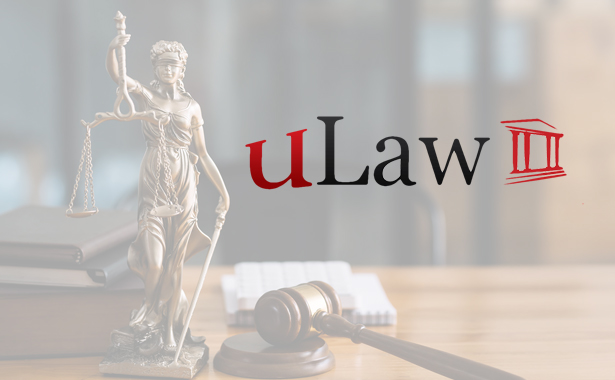Tort
A tort refers to a wrongful act that causes harm or damage to another person and results in legal liability. It is different from a breach of contract. In a civil court, the person who commits the tort, also known as the tortfeasor, may be held accountable for paying monetary damages. On the other hand, a crime is a wrongful act that could lead to prosecution in a criminal court.
Tort law discourages wrongful behavior by threatening legal consequences and promoting responsible conduct. The plaintiff in a tort case can seek compensation for damages such as medical expenses, loss of income, pain and suffering, and other losses. In civil cases, the burden of proof is typically based on the preponderance of the evidence, which means that the plaintiff must demonstrate that it is more likely than not that the defendant’s actions caused the harm.
Torts are civil wrongs that can be addressed through private lawsuits, which aim to compensate the victim rather than punish the wrongdoer, unlike criminal law.
Three Types of Torts
Negligence: Negligence is the failure to exercise the level of care that a reasonable person would exercise in similar circumstances.
Intentional Torts: Intentional torts involve deliberate actions that cause harm, such as assault, battery, or defamation.
Strict Liability: Strict liability is a type of liability where there is no need to prove negligence or fault. This type of liability is often applied in cases involving inherently dangerous activities.


